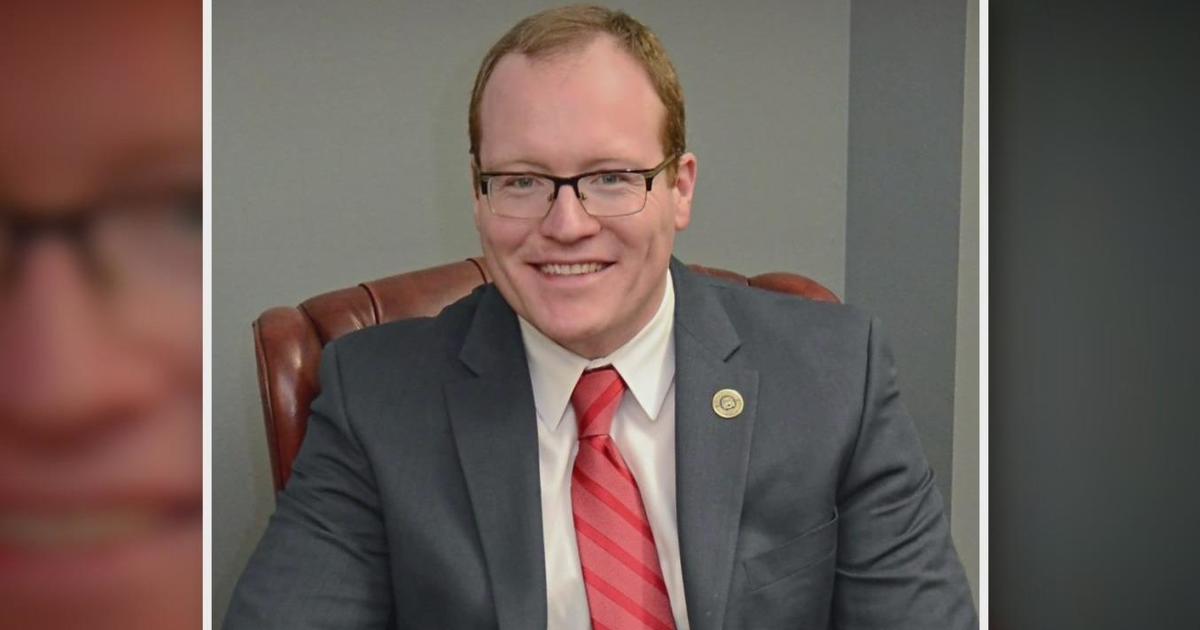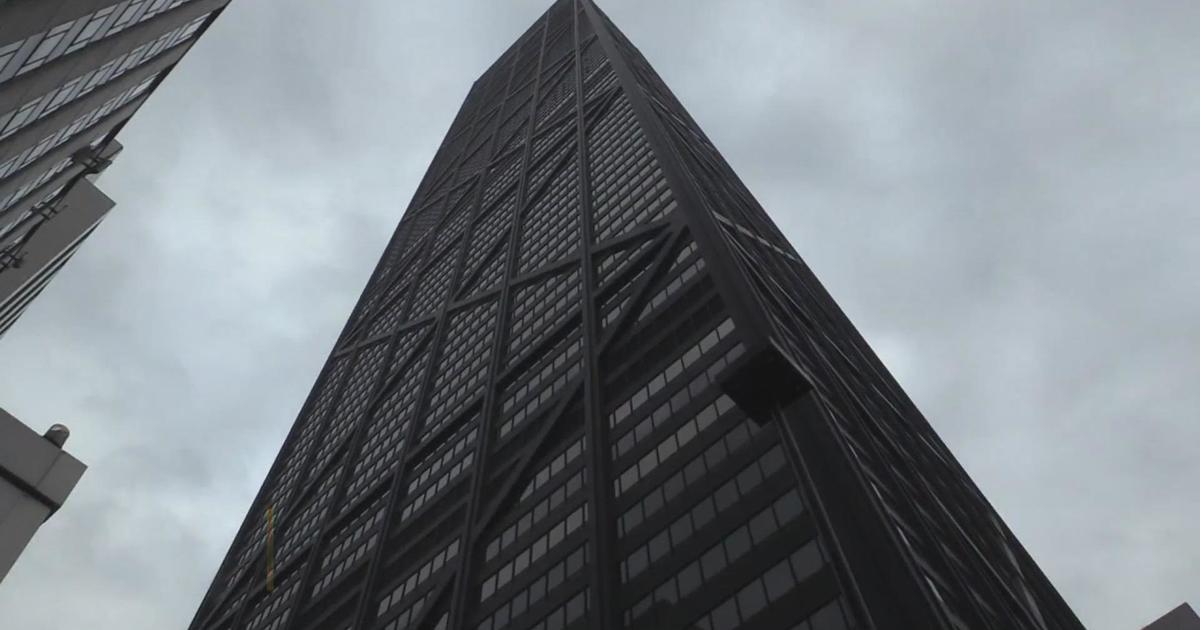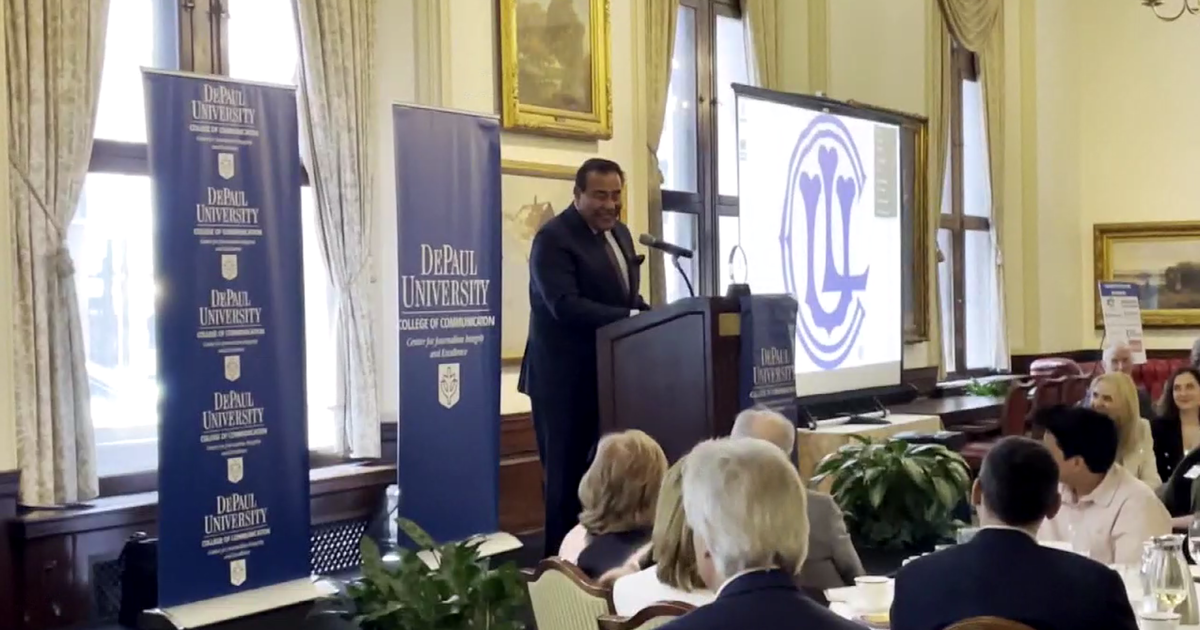Man Gets Life Sentence For 2004 Double Homicide
WAUKEGAN, Ill. (STMW) -- Zion resident Marcus Brown received a sentence of natural life in prison Monday for the 2004 double homicide of two North Chicago residents, including one who lingered in a paralyzed state for five years prior to her death, the Lake County News-Sun is reporting.
In handing down the sentence, Lake County Circuit Court Judge James Booras noted that Brown's conviction by jury of both shooting murders mandated the life sentence, although defense attorney John Bailey attempted a plea for leniency.
Brown, now 27, was 18 at the time of the shooting. Prosecutors and Booras said that even by that young age, he had compiled a criminal background and had opportunities for rehabilitation through juvenile programs.
"The defendant has lived a life of violence, drugs and gangs," Booras said. "You can see where this escalated and deprived two families of their loved ones."
Brown was convicted of the murder of Remorrian Gordon, 23, of North Chicago, and Shabrina Gully, also of North Chicago, who was 22 at the time she was shot.
According to testimony in the trial, Gordon was driving down an alley on Oct. 29, 2004, when he yelled at Brown to get out of the way, angering Brown, who left, got his .38-caliber revolver and sought Gordon out.
Gordon was in his car, with Gully as a passenger, when Brown attacked near the intersection of Elizabeth and 20th Street in North Chicago. He shot Gordon four times and then shot Gully in the face because he didn't want to leave her as a witness, according to testimony.
While Gordon died at the scene, Gully lived for four years and eight months before she died of pneumonia caused by her injuries, according to officials.
Booras said that Brown shot Gordon following an altercation and possibly due to gang rivalries, and "he also killed Shabrina in cold blood. She didn't do anything. She was just sitting there next to him and he killed her in cold blood."
Booras said neither shooting could in any way be called self-defense.
Brown declined to speak prior to his sentencing and showed no visible reaction when Booras ordered life in prison. Brown nodded to acquaintances as he was led out.
After the proceedings, Gordon's mother, Lavorne Gordon, said she thought the sentence was appropriate.
"I think justice was done," she said. "Now I can get a little peace. It's been a long time."
Gully's father, Jerry Coleman, also said he felt "justice was served."
Assistant State's Attorney Tim Niehus said not only did the law call for mandatory life under charges Brown was convicted of, but the "brutal nature of the double homicide" did as well.
Bailey argued that Brown "isn't a monster. He is a young man who under this law will spend the rest of his life in the department of corrections." He said that under Constitutional law, Brown's potential for rehabilitation should be considered and asked Booras to "give him some hope for a chance to return to society."
Bailey said after the sentencing that Brown's case would be appealed and handled by an appellate defense attorney.
Brown had been eligible for the death penalty until it was abolished in 2011.
Assistant State's Attorney Dan Klienhubert said defense motions and delays were largely responsible for the nine-year wait between the shooting and Brown's conviction and sentencing.
"It was a four-corner stall," he said.
(Source: Sun-Times Media Wire © Chicago Sun-Times 2013. All Rights Reserved. This material may not be published, broadcast, rewritten, or redistributed.)



